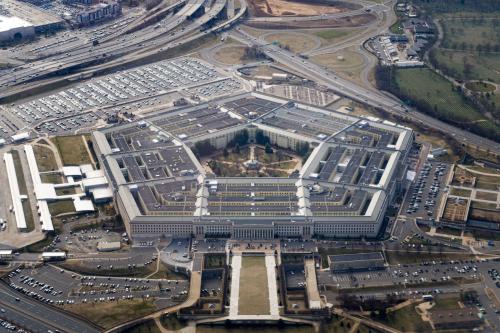On February 19, 2003 a court in Germany handed down the first guilty verdict related to the September 11 attacks. A panel of judges in Hamburg found Mounir Al-Motassadeq, a Moroccan studying in Germany, guilty of over 3000 counts of accessory to commit murder. The verdict was a signal victory in the war against terrorism. The very fact, however, that the first such conviction occurred abroad is also a reminder of how little success the U.S. government has had since September 11 in involving the U.S. courts in the struggle against terrorism.
The Bush administration’s judicial inactivity reflects a widely held discomfort in the U.S. with using the courts for dealing with national security threats. The process is considered too slow, too dependent on inflexible rules, too prone to leaks of valuable intelligence, and too unresponsive to the needs of a rapidly evolving and essentially political threat. These concerns are certainly valid, but they must be weighed against the points raised by numerous human rights organizations and legal scholars that indefinite detentions and military tribunals are inconsistent with deeply held American principles of fairness and justice.
There is no simple formula for reconciling the war on terrorism’s short-term requirement for speed and flexibility with the same war’s long-term need for legitimacy. Nonetheless, understanding the importance of judicial procedures and legitimacy requires a long-term view of the problem of terrorism that the United States lacks. The long French experience with terrorism provides some perspective and demonstrates why judicial institutions that can handle terrorist cases are a critical piece of a nation’s counterterrorism arsenal.



Commentary
French Lessons: The Importance of the Judicial System in Fighting Terrorism
March 1, 2003